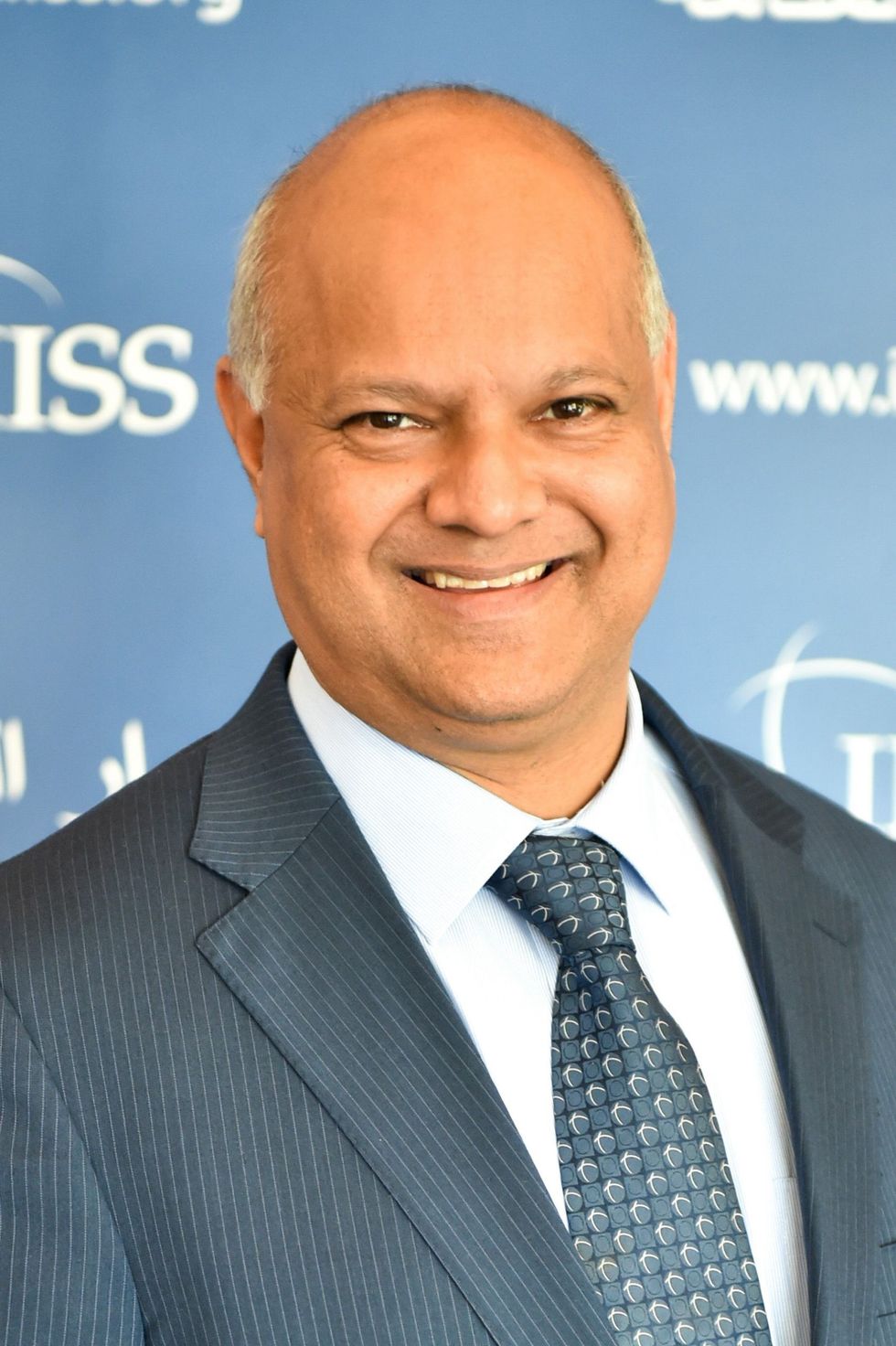WHEN I flew into Kabul, I was told there was intelligence that there would be a suicide car bomb attack against an Indian embassy car that week.
Nine months earlier the Haqqani network, the most feared terror group affiliated to the Taliban, had carried out the deadliest attack against the Indian embassy, killing 58 people.
As I was staying at the fortified residence of the Indian ambassador, I travelled in an armoured car with armed security personnel for my research meetings, including with the chief of Afghan intelligence Amrullah Saleh. This took place 12 years ago.
Currently, the Indian ambassador has been evacuated to New Delhi, the Indian embassy is shut, Saleh is waging an isolated resistance from the Panjshir valley and Khalil al-Rahman Haqqani, a leader of the Haqqani network, is in charge of Kabul security.
The Haqqanis are expected to be given powerful roles in the new Taliban regime. This is a snapshot of the momentous changes that have taken place in Afghanistan in the past few days, amid the withdrawal of US/Nato forces and the return of Taliban rule.
They have profound implications for the risks and opportunities for India and Pakistan in the short and longer terms.

The Taliban’s victory represents a huge loss of influence for India and a disturbing setback to its diplomacy. India had been a major development partner in Afghanistan, but had not previously engaged with the Taliban in a significant way – the Taliban’s facilitation of a hijacked Indian Airlines flight in Kandahar over 20 years ago is deeply etched in India’s public memory.
In the short term, the Indian government’s priority will be to evacuate from Kabul several hundred Indian nationals, Afghan Hindus and Sikh refugees and other Afghans who have worked closely with it.
It will also seek clarity on the intentions and practices of the new Taliban regime towards it, amid Pakistan’s determined effort to end India’s presence in Afghanistan.
In the longer term, New Delhi has serious concerns that a Taliban regime could encourage Islamic radicalisation in India in a way that the so called Daesh (Islamic State) in Iraq and Syria was unable to do.
With anti-India terror groups located in Afghanistan, including the Pakistan intelligence supported Lashkar-e-Taiba (LeT) and the Jaish-eMohamed (JeM), the country could also be used as a staging post for terror attacks on India’s interests.
But speculation about increased militancy in Jammu and Kashmir appears unlikely due to strengthened security measures that have been put in place there in the past two years.
Yet, as a near-neighbour, India has no ‘exit policy’. Decades of investment in infrastructure and capacity building, and the resultant soft power, are not easily eroded. India’s support to the Afghan people and efforts to stabilise Afghanistan through a regional consensus will continue.
The prospect of a revised Indian role, amid the prospect of expanded Chinese influence in the country, is likely to focus on economic support. But this will be on the basis that Indian nationals are not harmed and India’s security requirements met.
Although it will not provide early diplomatic recognition of the Taliban regime, it will not be the last to do so either. In contrast, there is a sense of triumph in Pakistan with its significantly increased influence over Afghanistan and the consequent closure of India’s diplomatic missions.
This is the result of strong Pakistani intelligence ties with the Taliban and the Haqqani network through funding, arming, training and the provision of sanctuary in Pakistan. The planning and execution of the Taliban’s campaign would not have succeeded without Pakistani intelligence support.
In the short term, Pakistan will seek to influence the formation of a Taliban-dominant government inclusive of other political leaders, in order to ensure its broad-based international legitimacy (during Taliban rule in 1996-2001, Pakistan was one of only three countries that had recognised it).
This will be important for continued economic and financial support to Afghanistan, which Pakistan is unable to provide and without which the Taliban will struggle to rule.
In the longer term, however, hard-line Taliban rule could be a challenge for Pakistan. Pakistani influence may decline when the families of Taliban leaders return to Kandahar and Kabul from Quetta and Peshawar (the previous Taliban government had refused to recognise the Durand Line as an international border between the two countries).
Sectarian and jihadi militant organisations operating in Pakistan could be emboldened; and a resurgence of the Tehreek-e-Taliban Pakistan (TTP), an offshoot of the Afghan Taliban (against which the Pakistan army fought successive counter-terror operations from 2009-14), could take place if its access to Afghan territory continued.
India-Pakistan tensions had been a key driver of their competition for influence and fierce rivalry in Afghanistan. With India’s loss of influence, this rivalry is expected to reduce in Afghanistan, but could escalate in other areas.
Pakistan’s accusations of India’s diplomatic missions in Afghanistan carrying out clandestine terror operations, amid the presence of 66 of 87 of India’s terror training camps for the TTP and Baloch rebels – all denied by India – are now irrelevant.
But a resurgence of the TTP, alongside Pakistan’s accusations of its funding and arming by India – again denied by Delhi – could lead to an escalation of tensions across the Line of Control (LoC) in the Kashmir region.
Rahul Roy-Chaudhury is a senior fellow for South Asia at the International Institute for Strategic Studies (IISS), London




How the Taliban’s actions affect India and Pakistan